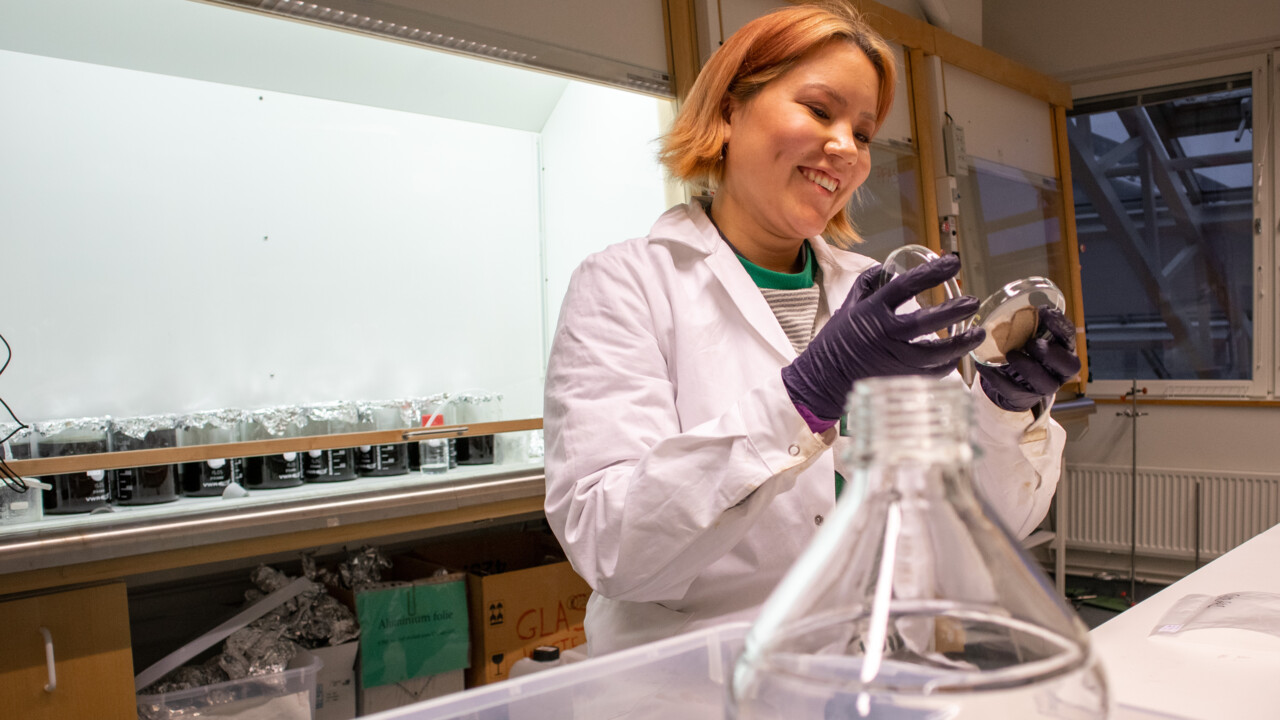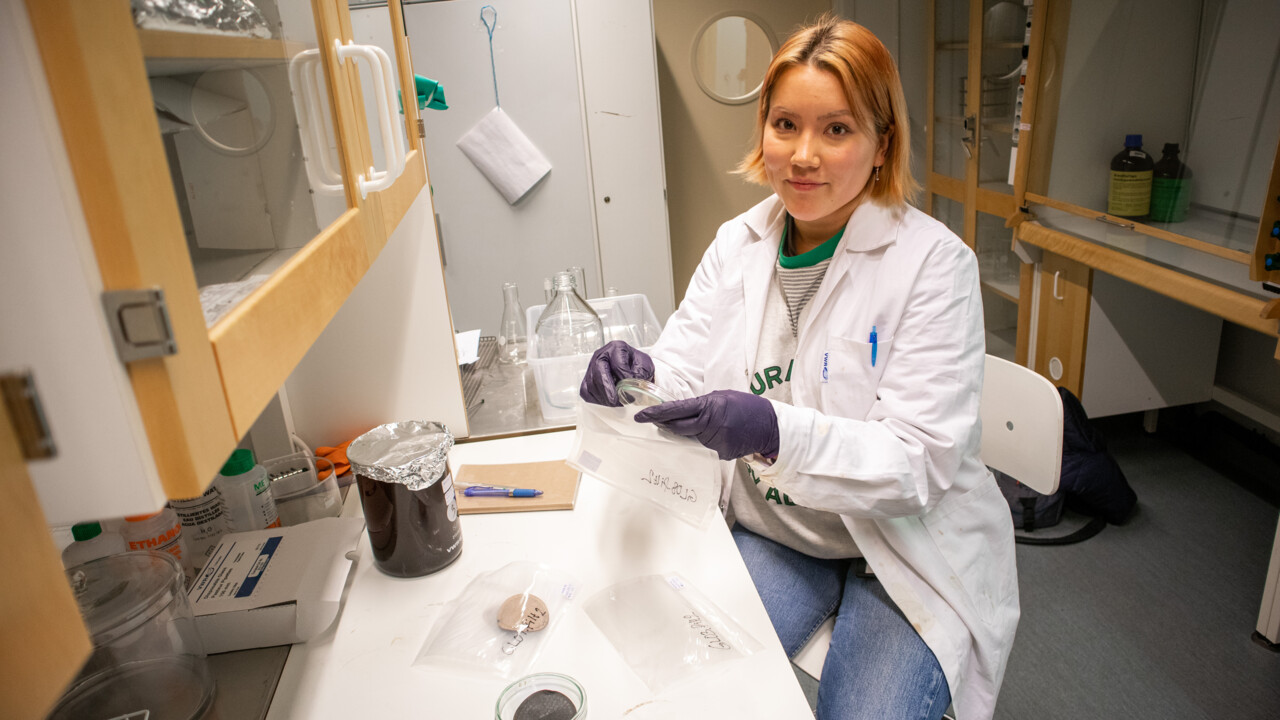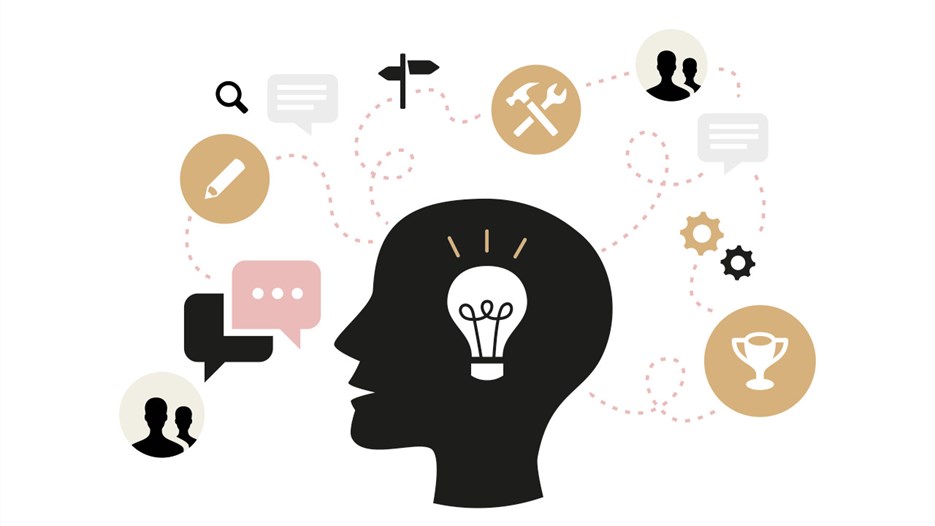ABOUT Alexandra Aveling
Age: 26.
Comes from: Skellefteå.
Lives: in an apartment on Liljansberget in Umeå.
Family: boyfriend Petrus.
Education: bachelor's programme in Life Science at Umeå University, graduated in 2022.
Job: project assistant at the Department of Chemistry, Umeå University.
Hobbies: drawing, sewing, DJing and skateboarding.
Umeå in 3 words: Culture. Alive. Innovation.
Myself in 3 words: Curious. Caring. Energetic.
What I'll be doing in ten years: I'll have a PhD and will be doing research, probably in environmental chemistry.




